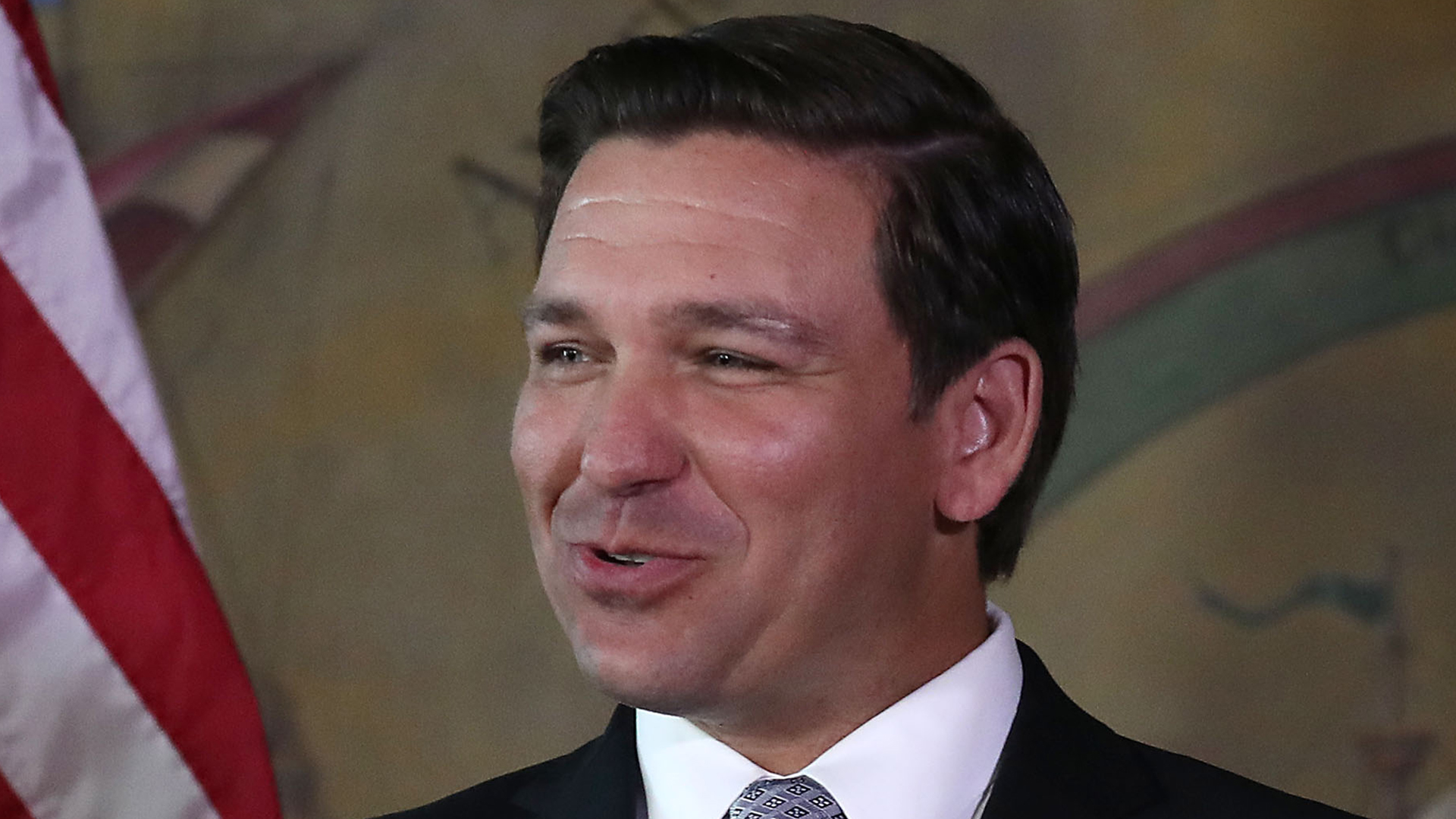OPINION: This article may contain commentary which reflects the author's opinion.
Disney has suffered major losses since it began its fight with the state of Florida and after it decided to insert itself into state politics at the behest of the woke crowd.
The company famous for Mickey Mouse and Donald Duck took a major risk when it decided to weigh in on the new Florida law that prohibits the teaching of gender identity to children before third grade.
And on Friday it saw its stock tumble 2 percent, bringing it to a total of an 8.5 percent loss in the past week. And since March 1, days prior to it opposing the law, the stock’s market cap has declined by about $46.6 billion, The Washington Examiner reported.
The public row between Republican lawmakers and Disney has recently been front and center in the battle over the Parental Rights in Education bill, branded the “Don’t Say Gay” bill by opponents.
Initially, Disney did not take a position on the legislation, which would ban classroom instruction of sexual orientation and gender identity through the third grade, but under pressure from investors and employees, the company relented and came out in full-throated opposition to the legislation. Furthermore, Disney CEO Bob Chapek said his company would end political donations in the Sunshine State.
Now Republican lawmakers are exacting their revenge.
This week in a 23-16 vote, the GOP-led Senate passed the legislation that would dismantle the Reedy Creek Improvement District, which allows Disney to oversee its own zoning, infrastructure, laws, and policing in the area around its parks. The state House also voted to do so by a 70-38 vote.
The legislation dissolves special districts created before 1968 (Reedy Creek was established in 1967). Thomas Smythe, a finance professor at Florida Gulf Coast University, pointed out there isn’t a precedent for Florida undoing a large special district like Reedy Creek and that the change introduces major business uncertainty.
Republican Florida Gov. Ron DeSantis called on the state legislature to end special protections for Disney’s Florida operations, which they did this week.
“I’d also like to make another announcement before we get into the subject of today’s program. I think as many of, you know, the Florida legislature is meeting this week to consider the congressional reapportionment plan for Florida for the next 10 years. And that is what they’ve been called upon to do,” DeSantis said.
“I am announcing today that we are expanding the call of what they are going to be considering,” DeSantis continued. “Yes, they will be considering the congressional map but they also will be considering termination of all special districts that were enacted in Florida prior to 1968, and that includes the Reedy Creek Improvement District.”
“What I would say as a matter of the first principle is I don’t support special privileges in law just because a company is powerful and they’ve been able to wield a lot of power,” DeSantis said.
“I think what has happened is there’s a lot of these special privileges that are not justifiable, but because Disney had held so much sway, they were able to sustain a lot of special treatment over the years,” he added.
WATCH:
WATCH: Gov. DeSantis wants to hold Twitter's board and directors accountable for potentially injuring Florida's pension fund.
— Election Wizard 🇺🇸 (@ElectionWiz) April 19, 2022
“The Reedy Creek Improvement Act was signed into law in May 1967 by Gov. Claude Kirk in response to lobbying efforts by Disney. The entertainment giant proposed building a recreation-oriented development on 25,000 acres of property in a remote area of Central Florida’s Orange and Osceola counties, which consisted of 38.5 square miles of largely uninhabited pasture and swampland,” Fox News reported.
“Orange and Osceola County did not have the services or resources needed to bring the project to life, so the state legislature worked with Disney to establish the Reedy Creek Improvement District, a special taxing district that allows the company to act with the same authority and responsibility as a county government,” the report added.
